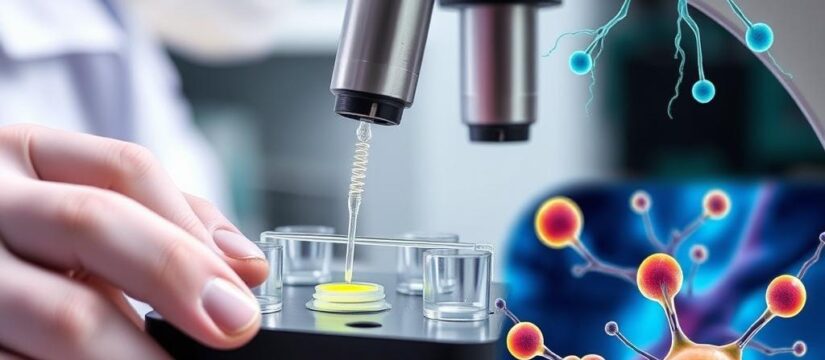
New Stem Cell Therapies Show Promise in Parkinson’s
- September 13, 2019
- 0 Likes
- 417 Views
- 0 Comments
Parkinson’s disease arises when dopamine-producing neurons in the brain die off, causing tremors and movement problems. Two early trials now report that transplanting stem cells can regenerate these neurons. In one study, researchers injected neural precursor cells (derived from stem cells) into patients’ brains and saw new dopamine production 18 months later npr.org. On a standard Parkinson’s rating scale, high-dose patients improved by about 20 points – a dramatic change, since untreated cases typically worsen by 2–3 points per year npr.org. In another study, Japanese doctors gave patients a graft of neurons made from the patients’ own reprogrammed cells. PET scans showed dopamine activity at 2 years, and patients’ movement symptoms noticeably eased npr.org. Crucially, no serious safety issues were seen in these small trials npr.org.

Why this could restore brain cells: The treatments use stem cells to replace neurons lost to Parkinson’s. One approach uses embryonic-like stem cells turned into midbrain neuron precursors (BlueRock Therapeutics). Another uses induced pluripotent stem cells (iPSCs) created from a patient’s own cells (the Kansas City pilot trial) npr.orgmclean hospital.org. When implanted into the damaged brain regions, these precursor cells take root and mature into dopamine-secreting neurons. PET imaging in patients confirmed that these grafted cells were active and releasing dopamine npr.orgnature.com. This is akin to planting seeds and seeing them grow into functioning brain cells.
Early results and context: Though only very small groups (around 6–12 patients each) have been treated so far, the results are exciting. In the NIH-led report, high-dose patients on the engineered stem cells had sustained motor improvements by over 20 points on the Unified Parkinson’s Disease Rating Scale npr.orgnature.com. The Japan study saw similar PET changes, indicating neuron survival and symptom relief npr.org. Notably, neither group developed serious side effects like tumor growth or harmful immune reactions. Researchers even used patients’ own cells in one trial to avoid rejection, meaning no immunosuppressant drugs were needed mcleanhospital.org.
What still needs answers: These are early, primarily safety-focused trials. We must be cautious: placebo effect or natural variation can partly influence small studies. Larger randomized trials are needed to confirm benefits. It’s still unknown how long the grafted cells survive (beyond a couple of years) and whether improvements continue. Also, these therapies require brain surgery, which has risks. But experts note these approaches target the root problem – lost neurons – rather than just treating symptoms with pills.
The way forward: Spurred by positive Phase 1 data, larger studies are planned. One Phase 1 trial is testing an autologous iPSC-derived graft (from a patient’s own cells) for safety mcleanhospital.org. Other research is optimizing cell type and injection methods. If proven safe and effective, stem-cell “neuron replacement” could one day become a key Parkinson’s therapy, potentially slowing or reversing progression instead of merely easing symptoms. For now, patients should see this as a promising development to watch, but not yet standard treatment.



Leave Your Comment